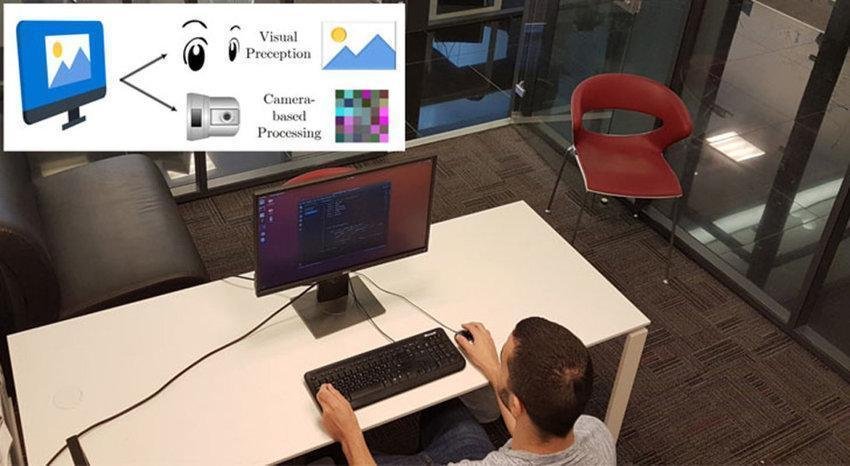A recent study revealed that hackers could steal your data simply by monitoring the brightness of your computer screen.

There are a lot of ways to collect data from computers, without the requirement of a network connection or without the need for hackers to be in front of your computer. Such examples have been reported through of speakersthrough of the fan, through the led of your hard drive, and a bunch of imaginative scenarios.
Such clever hacking is also through the brightness of the screen. Researchers have found a way to steal data from computers remotely, without connection to the network or other devices, using the brightness of the LCD screen.
This approach lies in subtle changes in the RGB color values of the LCD screen, but which can be detected by a device equipped with a camera. Hackers could, in theory, trick you into loading some malware onto your system and then use nearby cameras security to read these information.
If you've already got up and are looking out the window for cameras aiming at you, calm down. According to research, hackers, in addition to breaking into your computer, should also break into a camera that has direct visual contact with your screen.
Σαν σενάριο προφανώς δεν ανταποκρίνεται στους απλούς χρήστες, αλλά θα μπορούσε κάλλιστα να εφαρμοστεί σε ιδιαίτερα ασφαλείς υπολογιστές που τα δεδομένα τους έχουν αρκετή βαρύτητα. Όπως για κρατική ή βιομηχανική κατασκοπεία. Αν είστε επιχειρηματίας και ο ανταγωνισμός σας είναι πολύ μεγάλος και έντονα επιθετικός, τότε σκεφτείτε σοβαρά να αφαιρέσετε τις κάμερες που βλέπουν τις οθόνες των computers you.
See the relevant video below:





